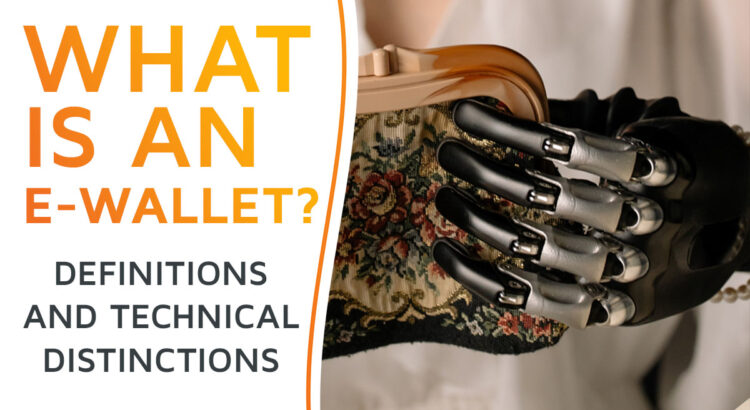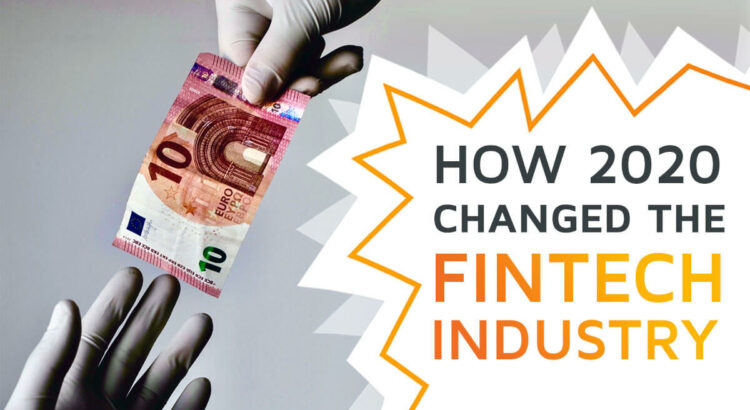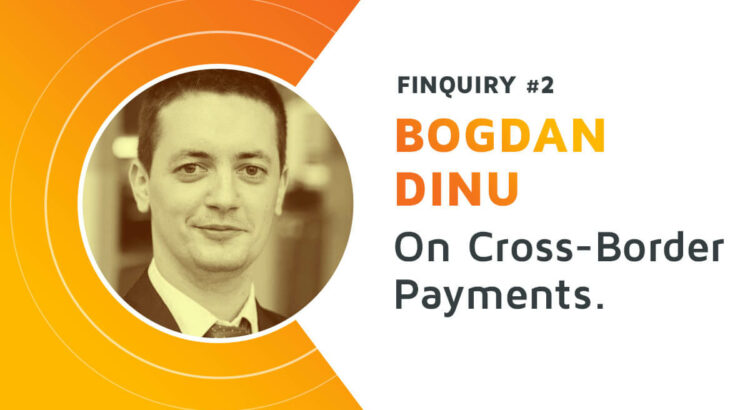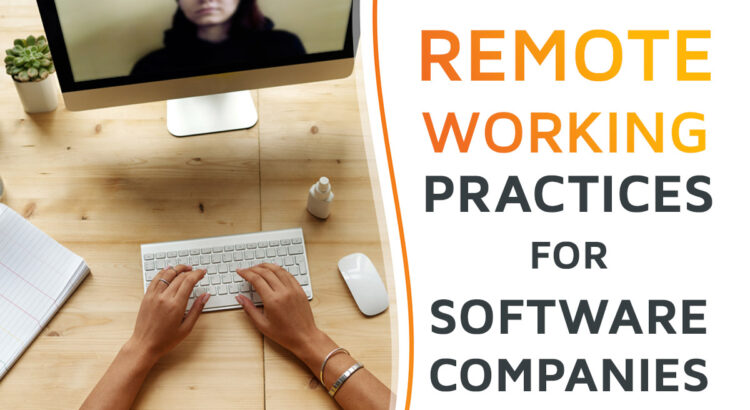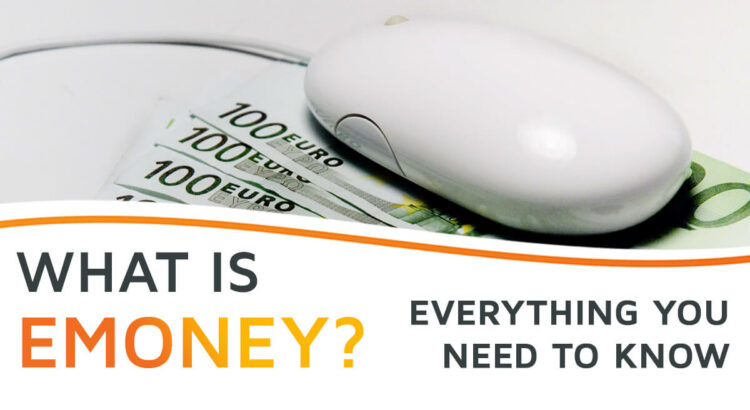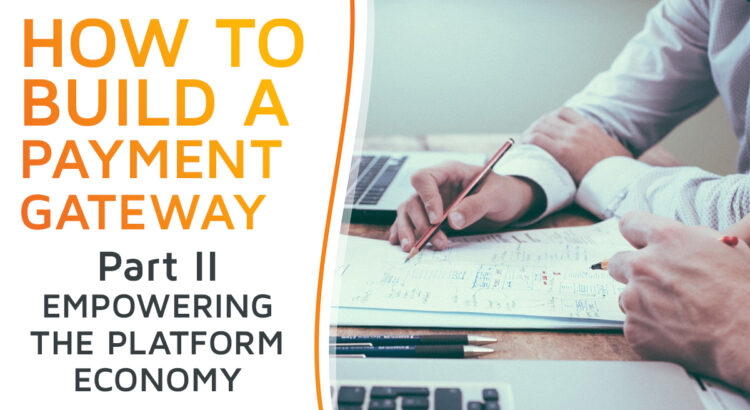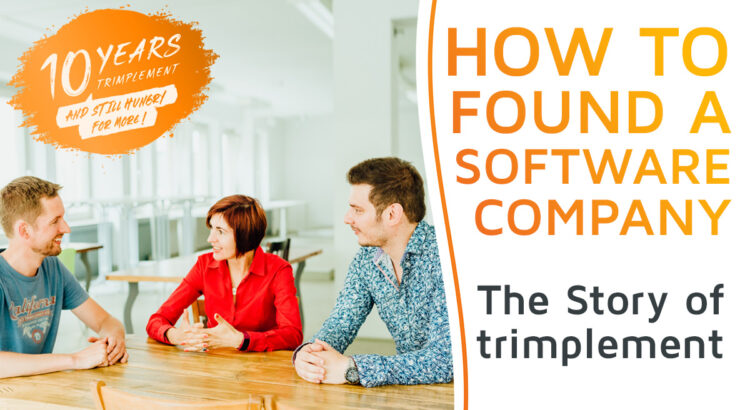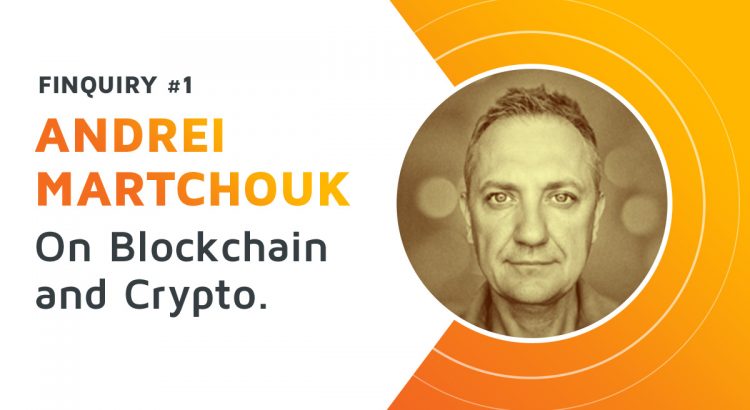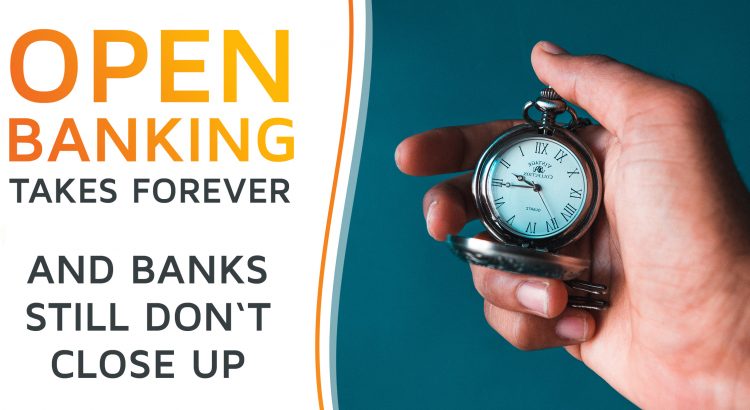E-wallets are software programs which securely store data. This data is needed to enable the wallet owner to conduct payments online or at points-of-sale. And they do so by use of a specific device.
That’s as close to an encompassing definition of e-wallets, or electronic wallets respectively, as we will probably get. But it’s also just the surface of what electronic wallets – sometimes also called digital wallets or (obsoletely) cyberwallets – can do. Over the last decade, e-wallet technology has found application to a variety of use cases. This article will cast a light on the term E-wallet, especially in the context of online payments. In the following paragraphs you’ll find:
- Definitions of certain types of e-wallets
- An overview of their common functionalities
- A breakdown of e-wallet-based payment
- An outlook on their role in the future of payments and e-commerce

